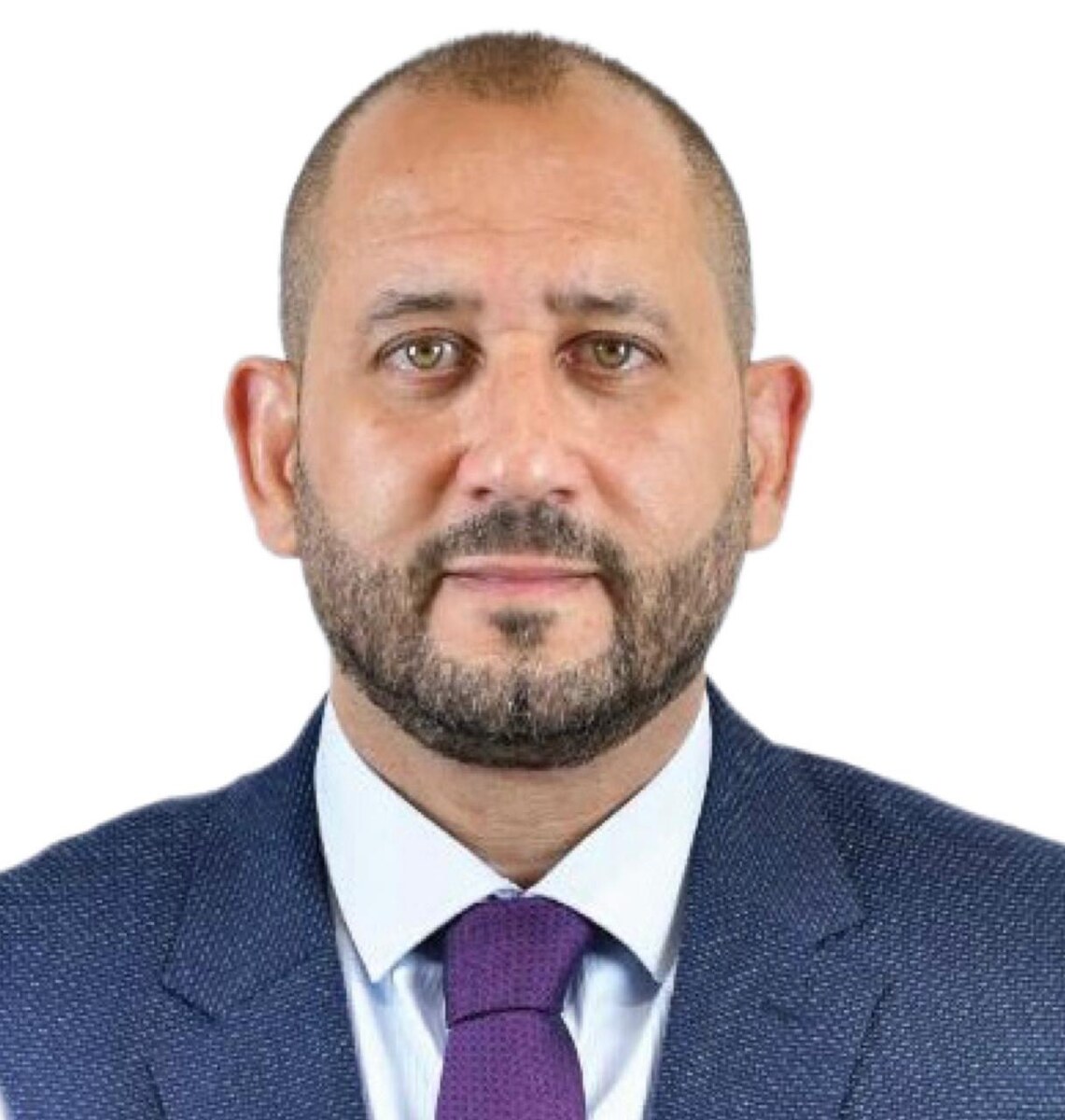RIYADH: Saudi aid agency KSrelief’s global humanitarian efforts over the past decade have played important roles in many countries. To celebrate the agency’s 10-year journey, hundreds involved in humanitarian action gathered at the Riyadh International Humanitarian Forum, where Saudi Arabia emphasized the importance of building strong partnerships by connecting relevant organizations.
Speaking to Arab News on the sidelines of the forum, KSrelief Supervisor General Dr. Abdullah Al-Rabeeah said: “I appreciate Arab News’s efforts to raise awareness about humanitarian work. There is no doubt that KSrelief has had an important journey over the past 10 years.”
He said that the agency started small but significant, just as Saudi Arabia’s history and humanitarian work have been vast, from the inception of the Kingdom, adding that the leaders of Saudi Arabia have been very active in supporting global humanitarian work.
“The best way to enhance our work is by building strong partnerships,” he said. “Over the years, we have formed over 211 partnerships with UN, international, regional, and local organizations. We have also diversified our efforts, working across 12 humanitarian sectors.”
Al-Rabeeah said that the Kingdom developed a strong volunteering program and invested in improving international humanitarian law, ensuring impartiality and neutrality in its work.
“We have implemented more than 3,355 projects with a budget exceeding $7.3 billion. We are proud to work in 106 countries. If you look at the map of our work, you can tell easily it has nothing to do with politics. It has no religious boundaries, no color boundaries, no race boundaries.
“This is the essence of humanitarian work. You should have neutral work that aims to lift up the misery of those who are in crisis or in tragedy, or in fragile countries, and bring them to a much better condition that actually respects human life,” he said.
He added: “We have shown the world how professionalism can lead to positive outcomes, and the best example of this is our volunteer work. We started just a few years ago, and today we have 76,000 volunteers registered on our website. Our volunteers have implemented 876 projects in 52 countries.
“We have performed over 200,000 surgeries and other medical procedures. Thanks to our government, our leaders, and our workers, we have demonstrated how to be a true partner in the global humanitarian arena.”
When asked about partnership and how KSrelief enhances collaboration to address evolving humanitarian needs in these challenging times, Al-Rabeeah emphasized the importance of partnership, which he said involves coming together, sharing experiences, identifying needs, and setting priorities.
He explained that the exchange of information between partners has been crucial. This partnership, he said, has guided KSrelief in prioritizing resource investments and projects.
Al-Rabeeah added that since 2015, this approach has matured, enabling KSrelief to become one of the leading global organizations in humanitarian decision-making.
On the urgent humanitarian efforts, such as establishing air bridges with Lebanon, Syria, and Gaza, he said: “When a crisis hits, like in Syria, Lebanon, Gaza, and Sudan, we must act quickly to save lives. The fastest way to reach people is through air bridges.
“We deploy planes and supplies quickly to those in need. That’s why we began with an air bridge and then complemented it with land and sea bridges for a rapid and sustained response.”
Al-Rabeeah said the humanitarian forum came at a critical time, with tremendous global need.
“There are many challenges, crises, and issues worldwide, along with an expanding funding gap. That’s why we invited the UN, global humanitarian leaders, and various actors to sit at one table, discuss the best ways to improve the impact of humanitarian work on the ground, minimize the effects on those in need, and capitalize on the resources we have,” he said.
























